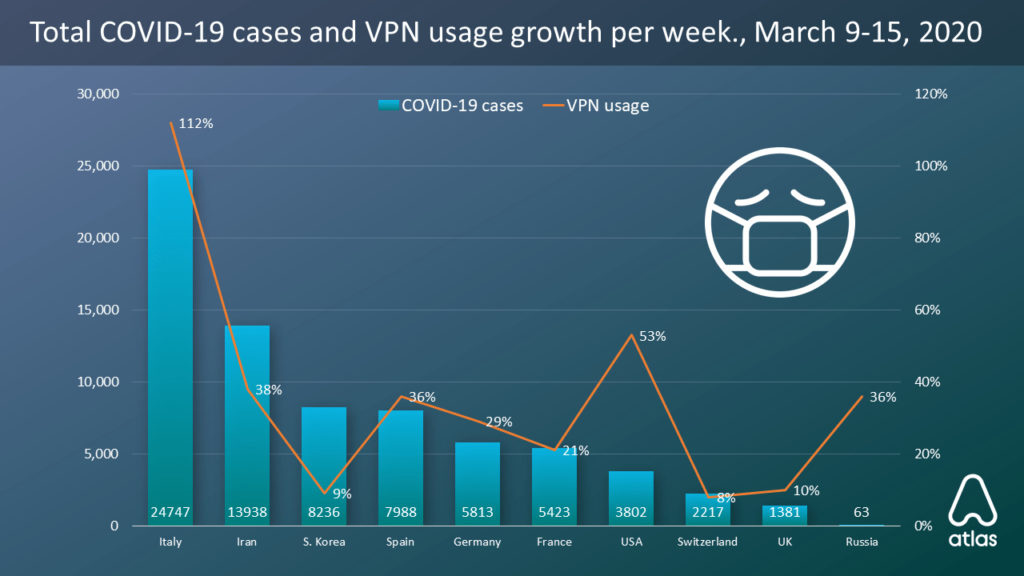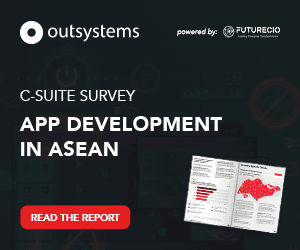The Zero Trust Architecture model was created in 2010 by John Kindervag, who at the time was a principal analyst at Forrester Research. Zero Trust recommends that organisations not trust anything inside or outside its perimeter, and force identity verification before access.
With cyberattacks on the increase, enterprises, particularly those with expanding global footprint, faced increased attack vectors.
One such company is PERSOL Group. The group comprises 136 companies in Japan and overseas. Prior to COVID-19, the company used VPN solutions at the departmental level.
To overcome the challenges of maintaining its existing closed network, the group had initially sought to deploy a quarantine solution and a VPN solution to enable employees to connect to its servers securely, while enabling the IT team to control tightly where devices are accessed and by whom, with policy settings of Pulse Connect Secure.
However, it was unable to find a vendor that could deliver both solutions satisfactorily and in an easy-to-manage way, until it ran a PoC (proof-of-concept) test with Pulse Secure. With this exercise, the IT team at PERSOL found that Pulse Secure was able to deliver on both fronts, enabling employees to securely access the internal network with a vastly improved user interface.
As the pandemic in early 2020 forced the lockdown of cities globally, the world saw a spike in demand for VPN solutions (refer to Atlas chart below).

For its part, PERSOL accelerated its deployment of Pulse Connect Secure provided by Pulse Secure Japan to keep its business running amid emergency health and safety measures.
“The aim was to develop an infrastructure that is easy to use yet transparent to the end-user,” said Yasutaka Iida, Section Chief of the 2nd User Infrastructure Facility of the Group IT Headquarters, PERSOL Group. “We were looking to build a secure network where we no longer need to be aware of being inside or outside the office, and that could be flexibly tailored to absorb group growth requirements.”
By the end of April 2020, PERSOL was able to allow 10,000 simultaneous connections, up from an initial 5,000 in the Kanto region in Japan. More importantly, the change heralded the first step towards a modern network infrastructure, one that is based on high-performance connections and security built from the ground up with Zero Trust.
Going forward, PERSOL plans to further deploy cloud proxies and IDaaS (Identity as a Service) and other cloud-based services that do not require users to always log on to an internal network.
Instead of perimeter defences, it will be looking to build a network that provides heightened security along with better performance and simpler connectivity. In 2023, it aims to decommission its existing closed network.
So far, into the journey, what has inspired the development is the approval from end-users as well as leaders in the group. PERSOL now aims to use Zero Trust as a concept to build a secure and flexible network, while keeping things seamless for the end-user.
“Zero Trust is a concept that we are excited about and are actively developing for because it simplifies and transforms how we manage our infrastructure,” added Iida.




